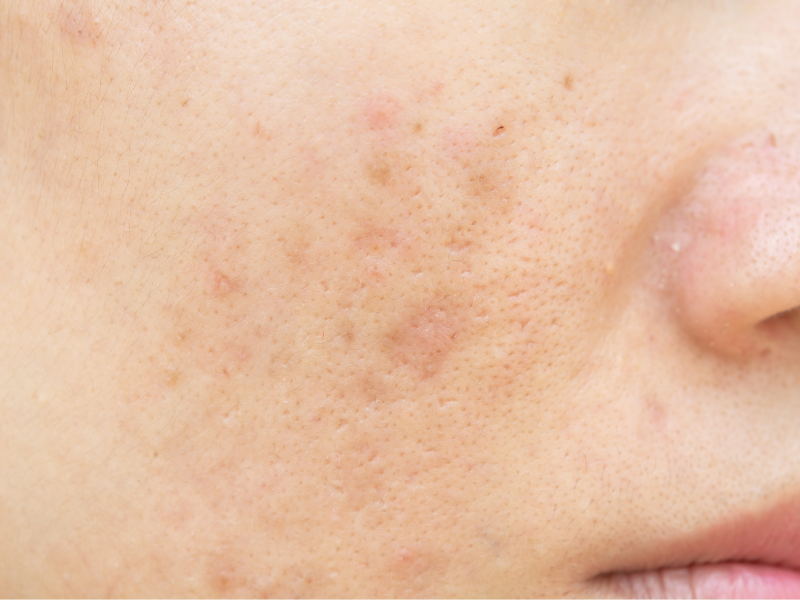You’ve probably heard the terms “pigmentation” and “hyperpigmentation” a lot when talking about beauty products and skincare. Well what is skin pigmentation and what does it really mean for redheads? Here’s everything you need to know:
What is skin pigmentation?
In short, pigmentation refers to the coloring of a person’s skin. Your color is caused by melanin. Those with darker skin have more melanin and those with more fair skin have less melanin. When a person is healthy, their skin color will appear normal. In the case of illness or injury, the person’s skin may change color, becoming darker (hyperpigmentation) or lighter (hypopigmentation).
What are some common types of pigmentation?
Like other skin conditions, there’s no single cause of hyperpigmentation. Your skin can become darkened as a result of sun exposure, genetics, fluctuations in your hormone levels, pregnancy, conditions like melasma and even medication like hormonal birth control. Here are some common forms:
- Freckles: Freckles are very common in redheads, and are spots caused by melanin production in the skin. Freckles come out in the sun because your body produces more melanin. Freckles are not a form of sun damage nor are they dangerous.
- Sunspots: Sunspots are extremely common, especially in adults over 40. Sunspots are caused by excess exposure to the sun. In general, sunspots are not dangerous, but some skin cancer may appear as a sunspot.
- Melasma: Melasma is a common skin problem that is characterized by dark discolored patches on the skin. These spots may often look like freckles, but unlike freckles, melasma can go away. Melasma is most common in women who are pregnant.
- Post-Inflammatory Hyperpigmentation: This type of pigmentation is what occurs when your body produces extra melanin after being irritated or injured. This can be due to something like a rash, razor burn, allergic reaction, or eczema. You may notice the skin is slightly darker after this type of irritation.
Is pigmentation linked to skin cancer?
While most types of pigmentation and hyperpigmentation are generally safe. There are some types of skin cancer that can mimic naturally occurring pigmentation. This is why it’s important to keep an eye on any skin pigmentation spots you may have and consult a doctor should they grow, change or hurt.
Can hyperpigmentation be cured?
Luckily, hyperpigmented skin is almost always treatable. A variety of science-backed treatments are available for hyperpigmentation, some of which can help you completely get rid of excessive melanin production and maintain a consistent skin tone.
Can lifestyle changes help hyperpigmentation?
While medication can help to get rid of hyperpigmentation, the best way to stop your skin from becoming darkened and discolored is to change your habits and lifestyle. Lifestyle-related tips and tactics for controlling skin hyperpigmentation include:
- Avoid sunlight: Spending excessive time in the sun can worsen hyperpigmentation, especially if you have existing age spots or melasma. Do your best to avoid being in the sunlight when UV radiation is strongest
- Use SPF 30+ sunscreen: Always use at least SPF 30+ sunscreen if you’re going to spend a significant amount of time in bright, sunny areas.
- Wear a hat: As well as protecting yourself with sunscreen, it’s best to shade your face with a hat on sunny days. Covering up is always the most effective way to avoid direct sunlight and UV damage.
- Avoiding scratching, rubbing or otherwise damaging your skin: Skin trauma is a common cause of hyperpigmentation. If you get acne, itchy skin or any other form of skin irritation, avoid scratching it to reduce your risk of hyperpigmented scars.
RELATED POSTS:
READ: How Redheads Can Stop Hyperpigmentation
READ: 7 Beauty Habits To Change When You’re a Redhead 40+
READ: Bumpy Redhead Skin? We know what it is and it’s treatable
Rock it like a Redhead!



